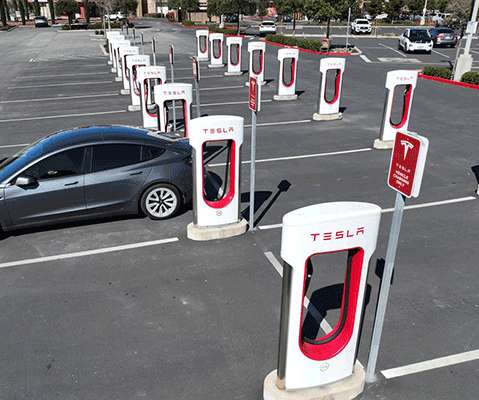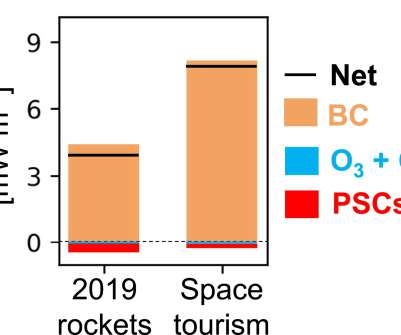NCAR-led study finds COVID-19 lockdowns temporarily raised global temperatures due to reductions in aerosols
Green Car Congress
FEBRUARY 8, 2021
The lockdowns and reduced societal activity related to the COVID-19 pandemic affected emissions of pollutants in ways that slightly warmed the planet for several months last year, according to new research led by the National Center for Atmospheric Research (NCAR). C) over much of the United States and Russia.






















Let's personalize your content